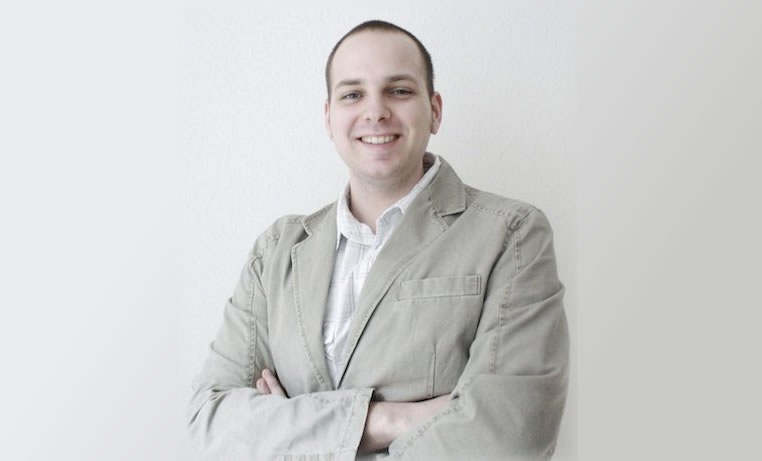Growing Pains: Learnings of a Millennial Entrepreneur

I actually don’t like the term Millennial or Generation Y, X, and Z at all, but I hope to generate a few clicks with it. Such a “generation” merely describes how old someone was at which technological development stage. I reject blanket characteristics (independence, drive for success, etc.) of these groups, as these change constantly with age anyway.
So to be more specific: I recently turned 30, spent my 20s during the Social Media boom, and have been an entrepreneur for 7 years now (proof picture from 2010 see above). I’d like to reflect on that today.
The Shared Adventure ¶
Young people naturally deal with young topics – in my case, Social Media. This results in us as young entrepreneurs often being exactly the same age as our employees, co-founders, and customers, and because everything is still so new and exciting, we feel strangely connected to all of them. The company should be an adventure that we experience together (from which, however, we primarily want to benefit ourselves, please).
Employees ¶
Through this emotional closeness, you bind the first employees to yourself and the company quite early, but when one does leave, it immediately becomes a real drama. When a programmer quit for the first time, the personal crisis was much bigger than the resource gap that needed to be filled.
I seriously blamed myself for not seeing it coming. Didn’t he feel comfortable? Did he want a new computer? I first blamed myself and was devastated instead of admitting that such changes are completely normal. At a certain point, there’s simply something that suits the person better because they can better develop their skills there.
I’ve also had to let people go who simply weren’t suitable for a particular constellation. That was also difficult, and I blamed myself for hiring such a person in the first place and unleashing them on the team, and having to lead them harshly. And what happened? In their next position, they became a team lead directly after one year.
For outsiders, merely natural fluctuation, but for oneself as bad as a falling out in the closest circle of friends.
Learning: By now, I no longer hope for steep learning curves, but rather let employees go again mostly in the first two weeks of their probation period. Well aware that another position is better suited for them than struggling through with me. I also no longer make myself dependent on individual employees.
Co-founders ¶
When I came to Berlin to found my first company at 24, my co-founders were my only social reference point. Besides that, I had employees at some point and otherwise mainly customers and competitors.
Among co-founders, a strong commitment develops so quickly. Everyone does everything. Everyone wants to do everything. However, everyone at this age is first figuring out what they’re actually good at. Additionally, you let co-founders get away with a lot, since you’re aware of your own inadequacies and hope for similar leniency.
Learning: Also trust others sometimes. However, this ability first requires an awareness of what one can do oneself – and what not.
Customers ¶
Either the customers are the same age or even older. This makes it difficult to conduct good negotiations. A young company is also often dependent on every income and therefore willing to work for free or accept deals that clearly disadvantage the company.
Learning: Only time teaches you that a clear NO at the right place often creates better things than a YES to every half-baked opportunity. However, the self-confidence to represent your own position must first be worked for.
But it wasn’t all bad. ;) ¶
Certainly the biggest advantage as a young entrepreneur is that through your own commitment to the company and the direct proximity to initially few employees, things really get pushed forward.
Through wrong decisions and leadership mistakes, a steep learning curve emerges that doesn’t first have to work through a large bureaucracy (like in established companies). This way you internalize how pragmatically and quickly decisions can be made – when it’s necessary.
And I now wear appropriate suits.